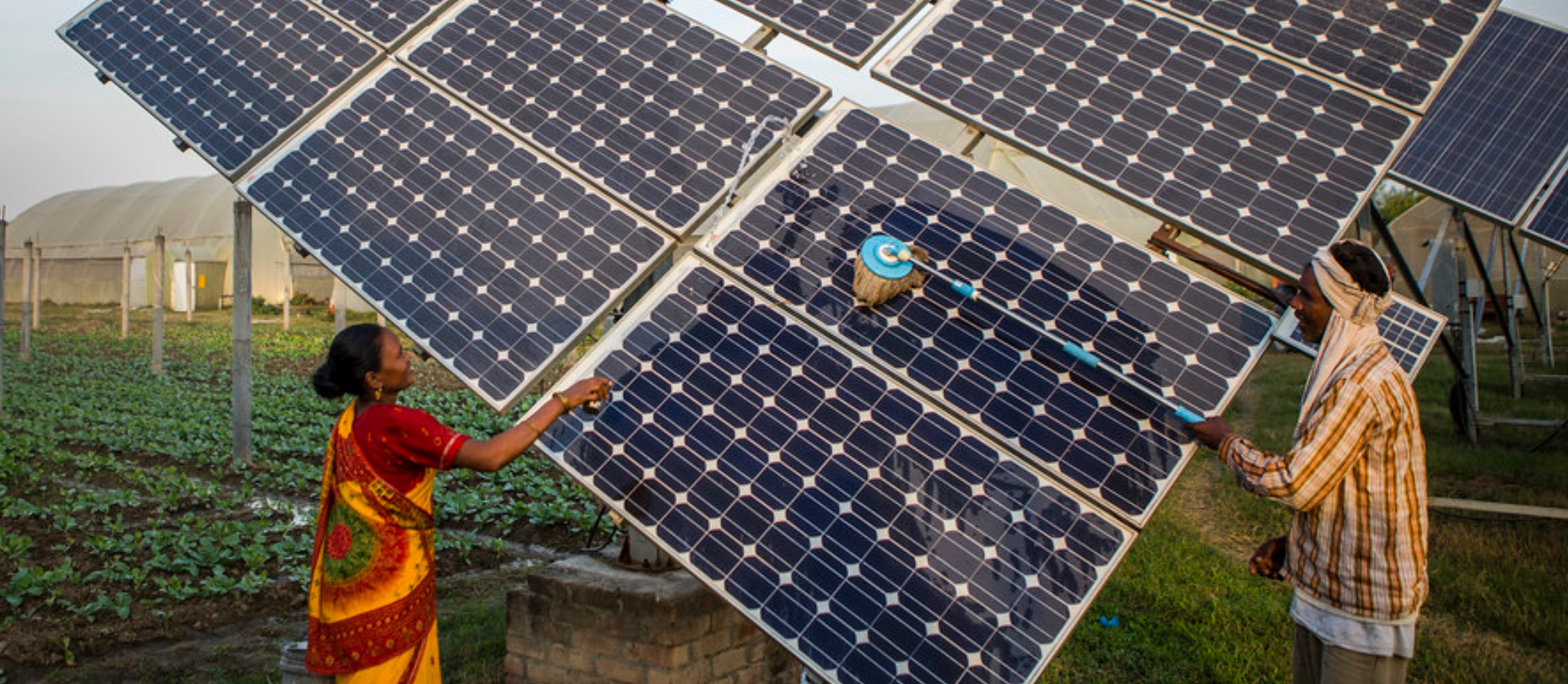Publications
Progress towards Sustainable Energy
Publication Year: 2015 Publisher: Sustainable Energy for AllBackground
The first SE4All Global Tracking Framework (GTF 2013) established a consensus-based methodology and identified concrete indicators for tracking global progress toward the three SE4All objectives. One is to ensure universal access to modern energy services. The second is to double the global rate of improvement in energy efficiency. And the third is to double the share of renewable energy in the global energy mix. GTF 2013 also presented a data platform drawing on national data records for more than 180 countries, which together account for more than 95 percent of the global population. And it documented the historical evolution of selected indicators over 1990–2010, establishing a baseline for charting progress. GTF 2015 presents an update on how fast the world has been moving toward the goal of sustainable energy for all.
This second edition of the SE4All Global Tracking Framework (GTF 2015) provides an update on how fast the world has been moving toward the three objectives. Based on the latest data, it reports progress on selected indicators over the two year tracking period 2010–12 and determines whether movement has been fast enough to meet the 2030 goals. Overall progress over the tracking period falls substantially short of what is required to attain the SE4All objectives by 2030.
Across all dimensions of sustainable energy for all— whether access, efficiency, or renewables— the rate of progress during the 2010–12 tracking period falls substantially short of the rate that would be needed to ensure that the three objectives are met by 2030 (figure 1).
Nevertheless, the 2010–12 tracking period does present some encouraging acceleration in progress relative to what was observed in prior decades.
Efforts must be redoubled to get back on track; particularly in countries with large access deficits and high energy consumption whose rate of progress carries substantial weight in the global aggregate.
This second edition of the SE4All Global Tracking Framework (GTF 2015) provides an update on how fast the world has been moving toward the three objectives. Based on the latest data, it reports progress on selected indicators over the two year tracking period 2010–12 and determines whether movement has been fast enough to meet the 2030 goals. Overall progress over the tracking period falls substantially short of what is required to attain the SE4All objectives by 2030.
Across all dimensions of sustainable energy for all— whether access, efficiency, or renewables— the rate of progress during the 2010–12 tracking period falls substantially short of the rate that would be needed to ensure that the three objectives are met by 2030 (figure 1).
Nevertheless, the 2010–12 tracking period does present some encouraging acceleration in progress relative to what was observed in prior decades.
Efforts must be redoubled to get back on track; particularly in countries with large access deficits and high energy consumption whose rate of progress carries substantial weight in the global aggregate.


